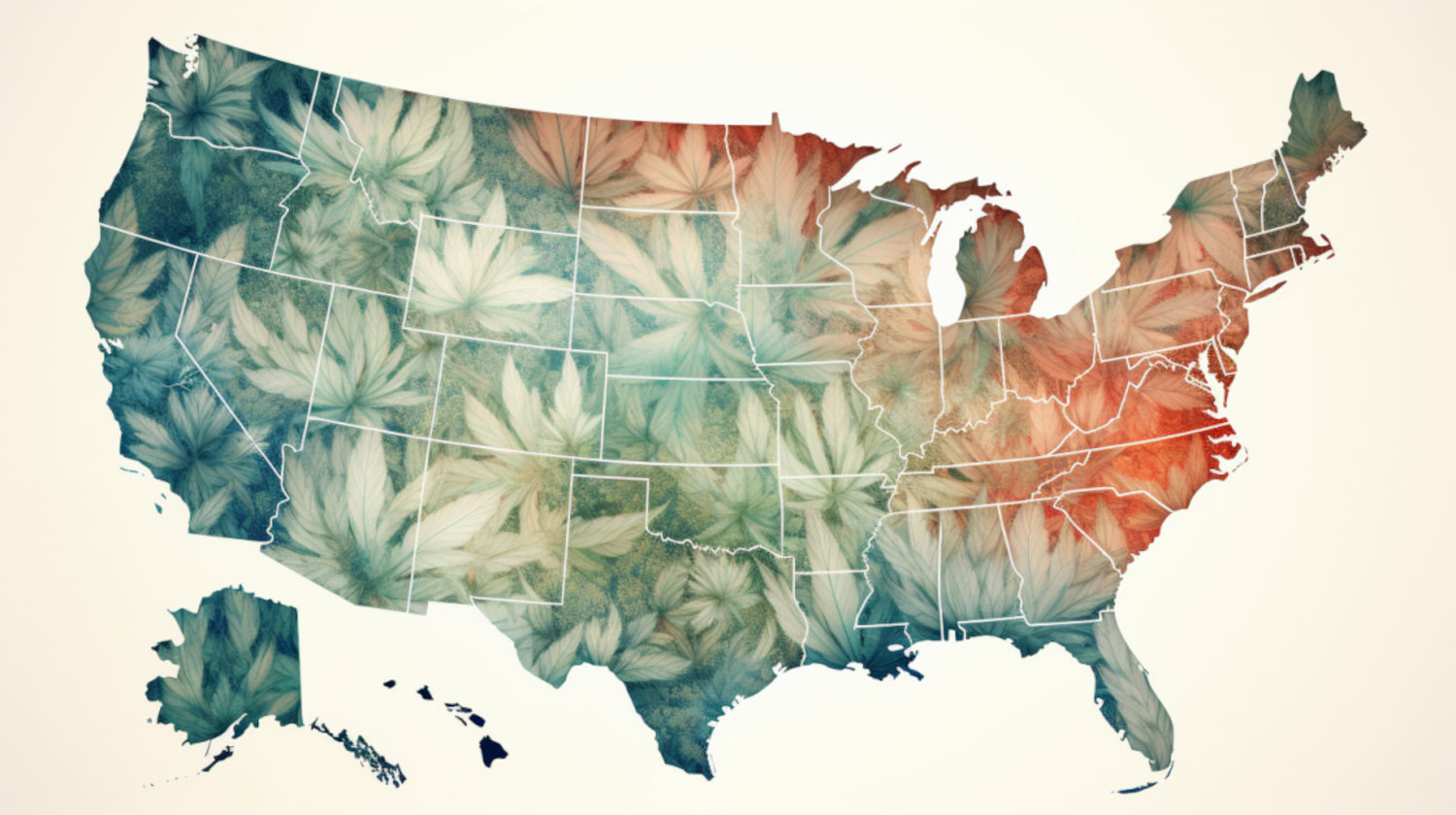In This Article
American adults rarely seek information about cannabis from government agencies or healthcare providers, according to the results of a recent study. Instead, those seeking cannabis information often turn to friends and family or websites for advice about the plant and its effects, online cannabis news source Marijuana Moment reported on Wednesday.
The study, which was published on October 1 by the Journal of Cannabis Research, was conducted by a team of researchers affiliated with the University of Michigan at Ann Arbor’s Psychedelics Center and its schools of medicine and public health, as well as the Legacy Research Institute in Portland, Oregon. The researchers surveyed 1,161 adults about their cannabis use and other factors including their reasons for using cannabis, their intentions for cannabis use, and where they got their information about cannabis. Just over half (51%) of respondents were female and 27% of participants reported using cannabis over the past year.
The team of researchers then analyzed the survey data to find differences in cannabis use over the past year. The study also explored associations between demographic factors and cannabis use characteristics with sources for cannabis information.
The researchers’ findings showed that American adults’ most common sources of information about cannabis were friends and family (35.6%) and websites (33.7%). The least commonly used sources of information were healthcare providers (9.3%), cannabis dispensary employees (8.6%), and government agencies (4.7%).
The researchers observed a positive association between cannabis use over the past year and “all information sources except government agencies and popular media articles.” The analysis of the data also revealed that a higher proportion (16.4%) of those using cannabis for medical reasons (with or without recreational use) sought information about cannabis from a healthcare provider compared with respondents who only reported recreational use (5.2%).
“As cannabis accessibility increases and legality continues changing, there is a strong need for better clinician education, improved public health outreach, and improved communication between patients and clinicians about cannabis,” the authors of the study concluded.
The team of researchers noted that the Drug Enforcement Administration is currently weighing a proposal to relax the classification of cannabis under the federal Controlled Substances Act from Schedule I to Schedule III, a policy move that “might have broad effects on public health outcomes related to cannabis.”
“In this changing environment, understanding national patterns in how people obtain information about cannabis is critical to informing public health outreach and education,” they wrote.
Healthcare Professionals Need Cannabis Training
Paul Armentano, deputy director of the National Organization for the Reform of Marijuana Laws (NORML), said that he is not surprised by the study’s findings.
“Historically, government-affiliated sources have either embellished or outright lied about marijuana and its effects,” he said in a statement from the cannabis policy reform advocacy group. “So it’s no wonder that the public doesn’t consider them to be credible sources for marijuana-related information.”
Armentano noted that most healthcare professionals lack adequate training in cannabis and its therapeutic applications, making them uncomfortable talking about the subject. He added that a separate study published in 2020 found that only 18% of patients believe their primary care provider has sufficient knowledge about cannabis-related health issues.
“Cannabis use is not a new phenomenon and it’s not going away,” he said. “Healthcare professionals have a responsibility to keep up with cannabis-related science and trends so that they can engage with their patients, just as they would stay informed and provide advice regarding any other number of behaviors that potentially impact their patients’ health and well being.”
Read the latest research on using cannabis for a variety of health conditions, and find a qualified medical cannabis doctor near you.
The information in this article and any included images or charts are for educational purposes only. This information is neither a substitute for, nor does it replace, professional legal advice or medical advice, diagnosis, or treatment. If you have any concerns or questions about laws, regulations, or your health, you should always consult with an attorney, physician or other licensed professional.




